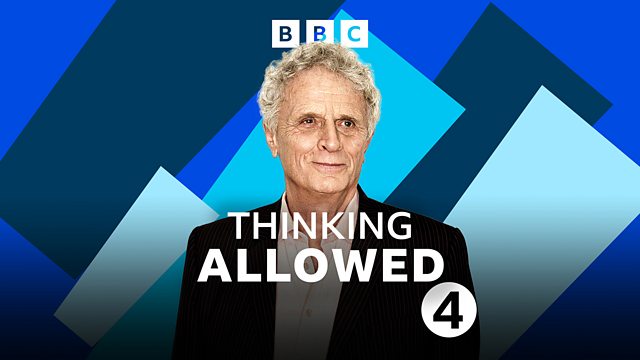Disinformation
Laurie Taylor examines the spread of disinformation and how it can be challenged.
Laurie Taylor talks to Annie Kelly, a researcher of the Digital Far Right, about the QAnon conspiracy theory and why it has attracted a striking number of female followers, many of whom are mothers. She argues that their rhetoric and slogans have cleverly smuggled legitimate concerns about the welfare of children into a baseless and dangerous set of entirely false claims about the nature of child trafficking. What role have social media sites dominated by women played in the circulation of QAnon theories and how can they be challenged?
Also, Nina Jankowitz, Global Disinformation Fellow at the Woodrow Wilson International Centre for Scholars, examines Russia’s role in the spread of disinformation, not only in the USA but also in Eastern and Central Europe. What lessons can be learned from these experiences? She argues that the best types of disinformation are able to amplify and exploit the already existing divisions in society, including racism and inequality in the US context.
Last on
READING LIST
Nina Jankowicz, How to Lose the Information War: Russia, Fake News, and the Future of Conflict (2020, Bloomsbury)
Annie Kelly,
Μύ
Broadcasts
- Wed 23 Dec 2020 16:00Βι¶ΉΤΌΕΔ Radio 4
- Mon 28 Dec 2020 00:15Βι¶ΉΤΌΕΔ Radio 4
Explore further with The Open University
Βι¶ΉΤΌΕΔ Thinking Allowed is produced in partnership with The Open University
Download this programme
Subscribe to this programme or download individual episodes.
Podcast
-
![]()
Thinking Allowed
New research on how society works


